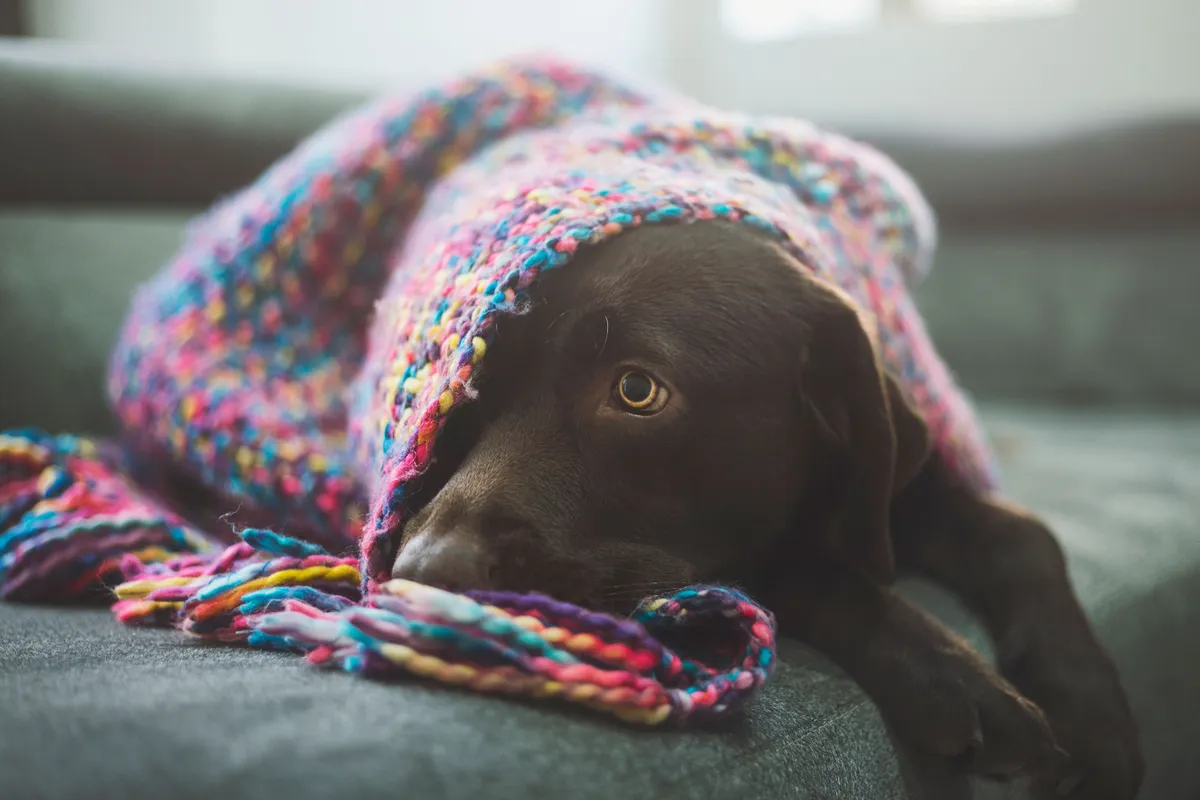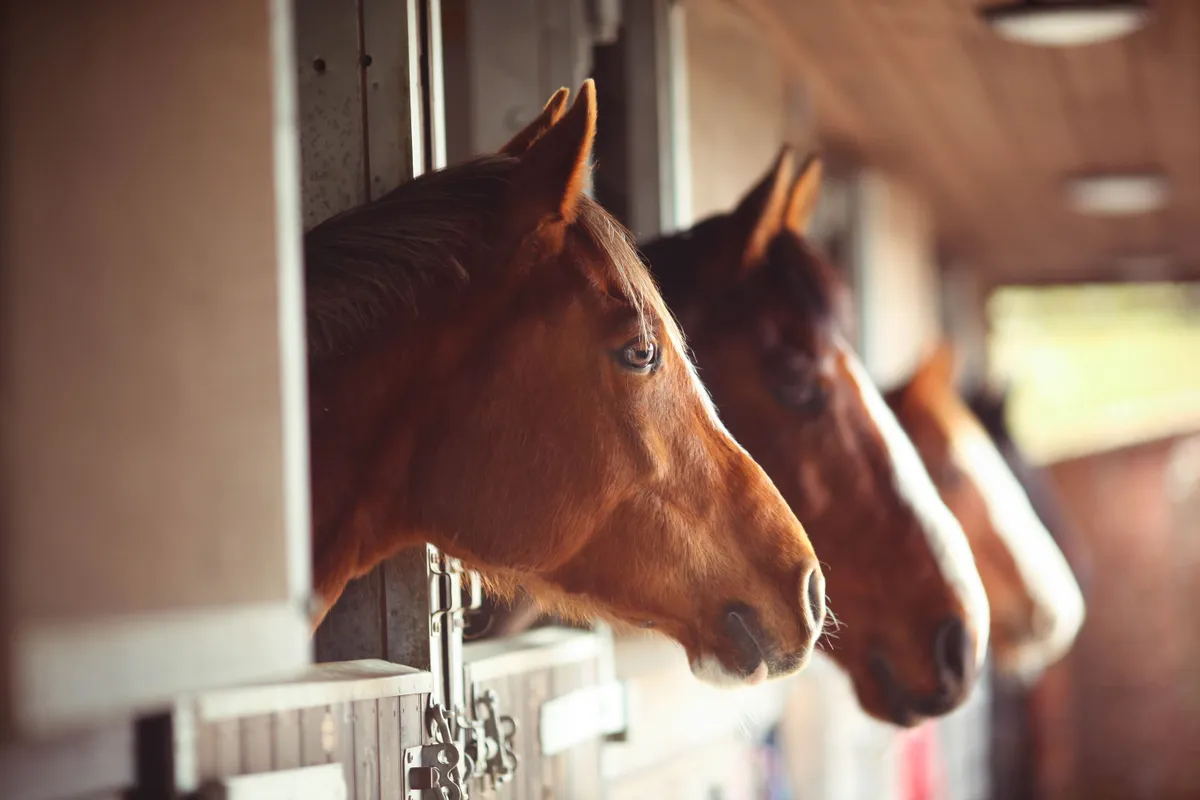Loud, bright and clamorous, fireworks displays have all the bearings of a major thunderstorm – a terrifying situation for a nervous pet.
Here’s our essential guide on how to help your pets stay calm and happy during Bonfire Night and firework displays. Much of this advice also applies during storms.
Why do animals get scared by fireworks?
It is a natural 'fight or flight' response for any animal to be scared by loud noises and bright, flashing lights. Loud fireworks and thunder storms can scare many pets but with a bit of pre-planning they can be kept calm.
How to keep dogs and cats happy during firework displays
Walk your dog before the fireworks are due to start, and do not take your dog to a fireworks display. Even if your dog appears calm around fireworks, watch out for the quieter signs of distress, such as heavy yawning or panting.
Always keep dogs and cats inside when you know fireworks will be let off, shutting doors and windows and locking catflaps firmly shut. Make sure a cat litter tray is available.
You can prepare a safe ‘den’ for your pet in a quiet corner, or under a bed with soft bedding or possibly some of your old clothes which will smell familiar. You can introduce them to this well in advance of and they may like to hide quietly while the fireworks are on.

Muffle the sound of fireworks by drawing curtains, and leave a familiar radio or TV programme on to provide distraction from loud bangs.
Comfort your pet and let them express their distress or hide away if need be – do not get angry or try to coax them out of their hiding place as this will distress them further. Calm praise and cuddles may help to relax them.
The RSPCA and the Blue Cross advise pet owners to get veterinary help for their animal six to 12 weeks before the firework season begins. Vets also recommend using Sounds Scary to get your dog used to loud sounds. These purpose-made set of recordings come with a training guide and should be used in advance of fireworks night.
How to protect small pets
Small animals, such as rabbits and guinea pigs are easily frightened and if possible any hutches should be brought indoors or into a shed. If they cannot be brought indoors you should cover the cage or hutch with blankets to block out as much noise as possible and provide extra cosy bedding to hide in. make sure there is plenty of ventilation.
How to keep horses, ponies and livestock calm
Communicate with neighbours and the organisers of local fireworks displays to inform them you have horses and livestock, and ensure fireworks are not set off nearby. Ideally, stay with your horse and remain calm and positive – horses will pick up on any worry. If you cannot stay with your horse, make sure that someone experienced is on hand to keep an eye out and help them stay relaxed.
If possible stick to the routine and environment your horse is familiar with so that they do not pick up on any disruption. However, if you know your horse has a bad reaction to loud sounds you could arrange to move your horse away from the fireworks for a night or two.
Keep lights on in barns and stables, and you could also try playing gentle music to muffle the sounds of fireworks, although this should be tried in advance so that the music is a familiar, comforting experience, and not alien to the horse.
Never go out for a ride while fireworks are on, and at all times be aware of your own safety in case your horse is distressed. The British Horse Society has more advice. www.bhs.org.uk

After the display has finished
Before you release your animals back outdoors, do a thorough check of the land to collect any sparklers, firecrackers, or broken firework debris, as well as party items and other litter.
Fireworks and the law
- It is illegal for anyone under 18 to possess a firework in a public place
- You must not set off or throw fireworks or sparklers in the street or other public places
- Fireworks cannot be set off by a private individual between 11.00pm and 7.00am except for Bonfire night (cut off is midnight), New Years' Eve, Diwali and Chinese New Year (cut-off is 1am).
- Under section 1 of the Protection of Animals Act 1911, it is an offence to cause any unnecessary suffering to any domestic or captive animals. The penalty on conviction is a fine of up to £5,000 or up to six months' imprisonment, or both. Enforcement of this section of the Act rests with Trading Standards, the Police or the RSPCA as appropriate.
- Unless retailers possess a special licence they may only sell fireworks from 15 October to 10 November and 26 to 31 December
For more information, see gov.uk/fireworks-the-law
Protect your pet against accidents with our best pet insurance.